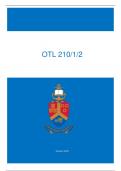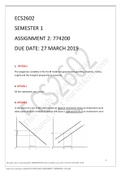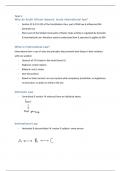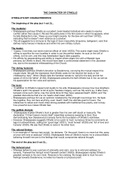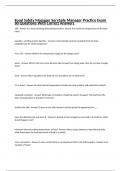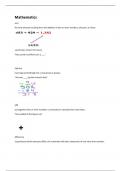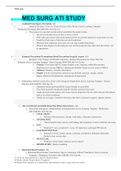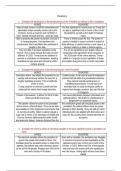Summary
Summary Change in ownership Part 1
- Course
- Financial Accounting 379
- Institution
- Stellenbosch University (SUN)
This summary is a comprehensive guide on how to attempt questions with calculations on how to put amounts in the face of the consolidated statements. Rights issues are done in great deal, as well as revaluations and intragroup transactions. I use the notes to study for exams so they have clear gu...
[Show more]




